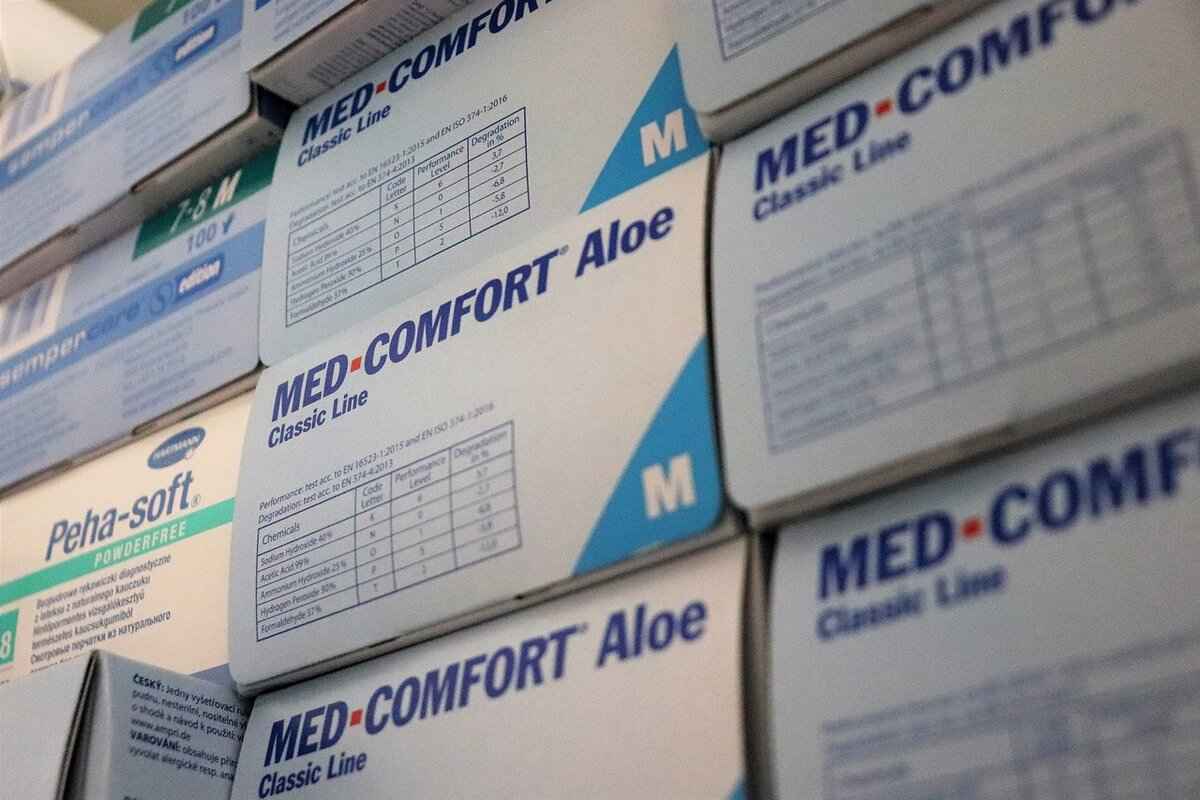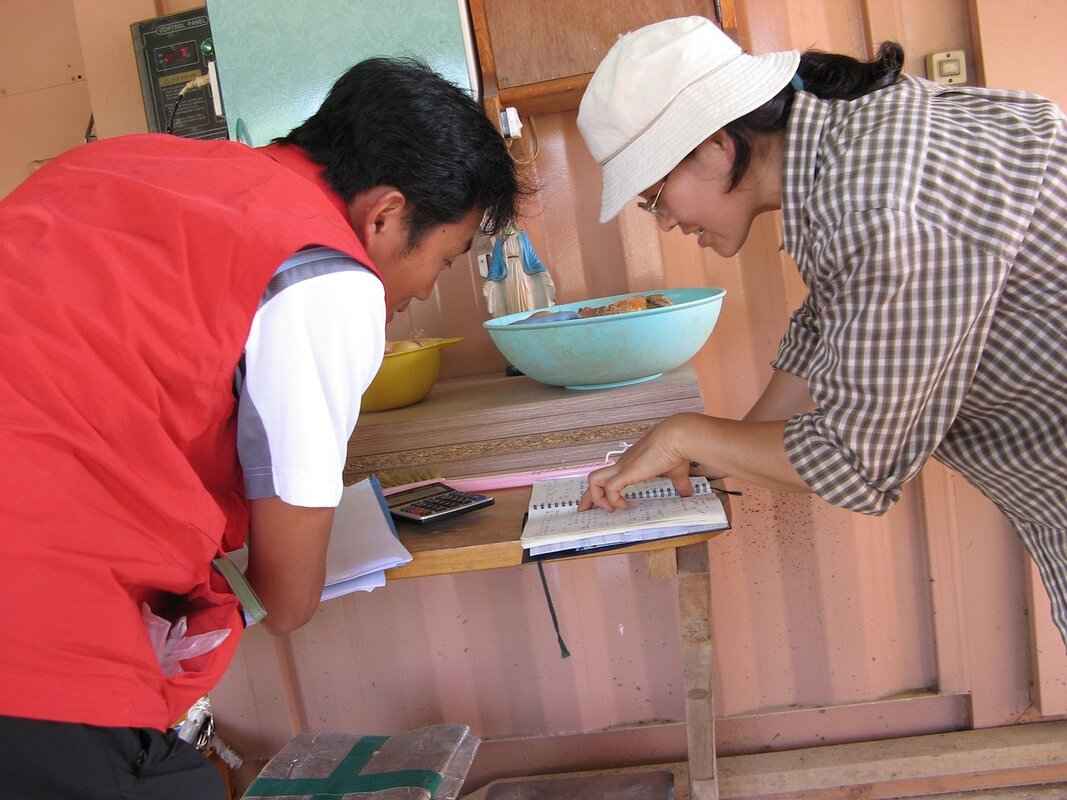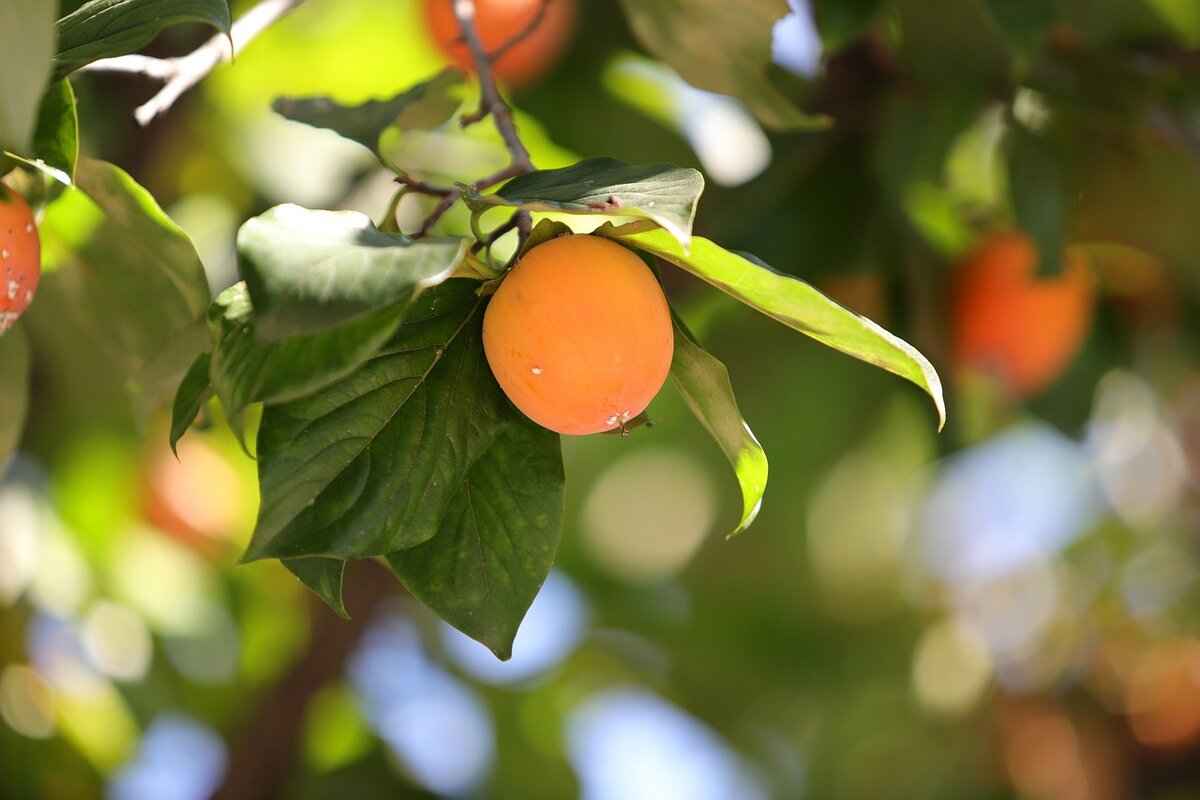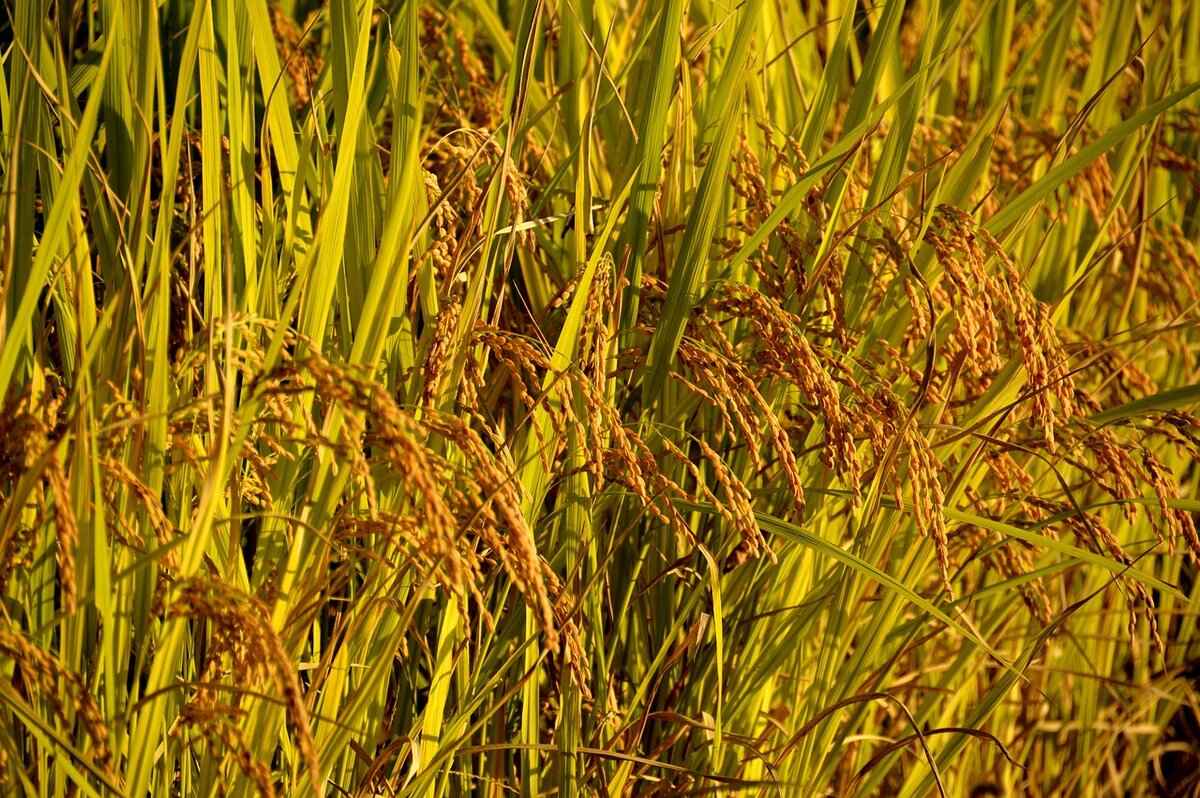This article delves into the eagerly awaited release date for the HS Result 2024 in West Bengal, along with essential details about the examination process and valuable tips for students preparing for this crucial milestone.
Understanding the HS Examination System
The Higher Secondary (HS) examination in West Bengal is a pivotal assessment that influences students’ academic and career trajectories. This examination is structured to evaluate students’ knowledge across various subjects, thereby playing a significant role in their educational journey.
Key Dates for HS 2024 Examination
Being aware of the timeline for the HS 2024 examination is vital for students and guardians alike. The examination is typically conducted in March, with results expected to be announced in May. This section outlines these important dates:
- Examination Period: March 2024
- Result Announcement: Expected in May 2024
Pre-Examination Preparations
Effective preparation is crucial for success in the HS exams. Students should consider the following strategies:
- Create a Study Schedule: A well-structured study plan can significantly enhance performance.
- Utilize Online Resources: Leverage educational websites and online tools to supplement learning.
Understanding the Evaluation Process
The evaluation process for HS exams is critical in determining the outcome of students’ efforts. Papers are assessed based on a standardized marking scheme, ensuring fairness and accuracy in grading.
Expected Release Date for HS Result 2024
Students are keenly awaiting the HS result announcement. Based on previous years, the results are anticipated to be released in mid-May 2024. Staying informed about official updates is crucial for students.
How to Check HS Result 2024 Online
Checking results online is a straightforward process. Students can follow these steps:
- Access the Official Website: Navigate to the West Bengal Board of Secondary Education’s official site.
- Enter Required Details: Input your roll number and other necessary information to view the result.
Conclusion: Preparing for the Future
As students await their HS results, it is essential to focus on future opportunities. Planning ahead and maintaining a positive outlook can greatly influence their next steps, whether it be further education or entering the workforce.

Understanding the HS Examination System
The Higher Secondary (HS) examination in West Bengal serves as a pivotal milestone for students, marking the transition from school to higher education. This examination not only assesses students’ academic abilities but also plays a significant role in shaping their future educational and career paths.
The HS examination is structured to cover a wide range of subjects, typically including Science, Mathematics, Humanities, and Commerce. Each student is required to choose a specific stream based on their interests and career aspirations. The examination is conducted by the West Bengal Council of Higher Secondary Education (WBCHSE), which ensures that the assessment is fair and standardized across all participating schools.
The significance of the HS examination cannot be overstated. It is not merely a test of knowledge but also a reflection of a student’s hard work and dedication throughout their higher secondary education. A good performance in the HS exams can open doors to prestigious colleges and universities, as well as various vocational courses. Furthermore, the results often influence scholarship opportunities and admission into competitive programs.
In recent years, the HS examination has also incorporated modern evaluation techniques, including practical assessments and project work, which aim to provide a more holistic view of a student’s capabilities. This shift towards a more comprehensive evaluation method highlights the importance of both theoretical knowledge and practical skills in today’s educational landscape.
As students prepare for this crucial examination, it is essential for them to understand not only the structure of the HS examination but also its implications for their future. With effective preparation and a clear understanding of the examination system, students can navigate this challenging phase with confidence.

Key Dates for HS 2024 Examination
Understanding the timeline for the HS 2024 examination is crucial for students and parents alike. This section provides a comprehensive overview of the important dates, including exam schedules and result announcements, to help students plan their preparation effectively.
The HS examinations are scheduled to commence on March 1, 2024, and will run until March 15, 2024. During this period, students will be assessed on various subjects, which are pivotal for their academic progression. It is important for students to be aware of the specific dates for each subject to allocate their study time efficiently.
| Date | Event |
|---|---|
| March 1, 2024 | Start of HS Examinations |
| March 15, 2024 | End of HS Examinations |
| April 30, 2024 | Expected Date for Result Announcement |
In addition to the examination dates, students should also be aware of the timeline for result announcements. The HS results are expected to be released on April 30, 2024. Students can access their results through the official West Bengal Board of Secondary Education (WBBSE) website, where they will find detailed instructions on how to check their scores.
To ensure a smooth examination experience, students are encouraged to prepare well in advance. Creating a study schedule that aligns with these key dates can significantly enhance their chances of success. Staying organized and informed about the examination timeline is essential for managing stress and maximizing performance.
In conclusion, knowing the key dates for the HS 2024 examination allows students to plan their studies effectively and stay focused on their goals. By being proactive and informed, they can approach their exams with confidence.
Pre-Examination Preparations
Effective preparation is essential for achieving success in the HS exams. Students who approach their studies with a clear strategy tend to perform better and feel more confident. In this section, we will explore various strategies and resources that can significantly enhance study habits and overall preparation.
To begin with, it is crucial to create a structured study plan. A well-organized schedule allows students to allocate specific time slots for each subject, ensuring that they cover all necessary material without feeling overwhelmed. Here are some tips for creating an effective study schedule:
- Identify your strengths and weaknesses in each subject.
- Set realistic goals for daily and weekly study sessions.
- Incorporate regular breaks to avoid burnout.
- Adjust your plan as needed based on progress.
In addition to a study schedule, utilizing online resources can greatly enhance preparation. There are numerous websites and platforms that offer practice tests, video tutorials, and interactive quizzes. Some popular resources include:
- Khan Academy: Offers free courses and practice exercises.
- Quizlet: Provides flashcards and study games.
- Coursera: Features courses from top universities.
Moreover, forming study groups with peers can be beneficial. Collaborative learning allows students to share knowledge, clarify doubts, and motivate each other. Engaging in discussions can deepen understanding and retention of the material.
Lastly, it’s important to maintain a healthy lifestyle during the preparation period. Regular exercise, a balanced diet, and adequate sleep can improve focus and cognitive function. By prioritizing both mental and physical health, students will be better equipped to tackle their studies.
In conclusion, effective preparation for the HS exams requires a combination of structured planning, utilization of resources, collaborative efforts, and a healthy lifestyle. By implementing these strategies, students can enhance their study habits and increase their chances of success.
Creating a Study Schedule
is an essential strategy for students aiming to enhance their academic performance. A well-organized study plan not only helps in managing time effectively but also boosts confidence and reduces anxiety as exam dates approach. Below are some practical tips to craft an effective study schedule.
- Assess Your Current Schedule: Begin by evaluating your daily routine. Identify the time slots you can dedicate to studying without compromising other responsibilities.
- Set Clear Goals: Establish specific, measurable, achievable, relevant, and time-bound (SMART) goals for each study session. This clarity will keep you focused and motivated.
- Prioritize Subjects: Rank your subjects based on difficulty and importance. Allocate more time to subjects that require additional attention while ensuring a balanced approach to all topics.
- Incorporate Breaks: Plan short breaks between study sessions to maintain concentration and prevent burnout. Techniques like the Pomodoro Technique, which involves studying for 25 minutes followed by a 5-minute break, can be very effective.
- Use a Planner: Utilize planners or digital tools to outline your study schedule. This visual representation will help you stay organized and accountable.
- Be Flexible: Life can be unpredictable, so allow some flexibility in your schedule. Adjust your study plan as needed to accommodate unforeseen events or changes in priorities.
- Review and Revise: Regularly assess your progress and make necessary adjustments to your study plan. This reflection will help you identify what works and what doesn’t.
In conclusion, a well-structured study schedule can be a game-changer for students preparing for exams. By following these tips, you can create a personalized study plan that not only enhances your learning experience but also leads to better performance on test day.
Utilizing Online Resources
In today’s digital age, online resources have become essential tools for students preparing for their Higher Secondary (HS) exams. These resources not only provide access to a wealth of information but also offer interactive learning experiences that can enhance understanding and retention of complex subjects.
Here are some of the most effective online resources that students can utilize:
- Educational Websites: Websites such as Khan Academy and Coursera offer free courses on a variety of subjects, including mathematics, science, and humanities. These platforms feature video lectures, practice exercises, and quizzes to reinforce learning.
- Online Forums and Study Groups: Platforms like Reddit and StudyBlue allow students to connect with peers, share resources, and discuss challenging topics. Engaging in these communities can provide support and motivation.
- Practice Tests and Quizzes: Websites such as ProProfs and Quizlet offer a variety of practice tests and quizzes tailored to the HS syllabus. Regularly taking these tests can help identify weak areas and improve exam readiness.
- YouTube Educational Channels: Channels like Crash Course and AsapSCIENCE provide engaging video content that simplifies complex topics. Visual learning can be particularly beneficial for understanding difficult concepts.
Incorporating these online resources into daily study routines can significantly enhance a student’s preparation for the HS exams. By leveraging technology, students can access diverse materials that cater to different learning styles, ultimately leading to improved academic performance.
As students navigate their study paths, it’s crucial to maintain a balanced approach—combining online resources with traditional study methods to achieve the best results.
Understanding the Evaluation Process
The evaluation process for Higher Secondary (HS) exams is essential in determining student outcomes and plays a pivotal role in the announcement of results. Understanding how papers are assessed can demystify the process and provide students with valuable insights into what evaluators look for.
During the evaluation, each exam paper is meticulously reviewed by qualified teachers and examiners. The assessment criteria typically include:
- Content Knowledge: The depth of understanding and accuracy of information presented by the student.
- Structure and Organization: How well the answers are organized, including clarity and logical flow.
- Language Proficiency: The use of correct grammar, vocabulary, and overall language skills.
- Originality: The ability to present unique ideas and perspectives in responses.
Each answer is scored based on a predetermined rubric, which helps maintain consistency and fairness across evaluations. The evaluators are trained to ensure that they adhere to these standards strictly, minimizing biases and ensuring that every student receives a fair assessment.
Furthermore, the evaluation process involves multiple stages, including:
- Initial marking by the examiner.
- Review by a second examiner to confirm scores.
- Final compilation of marks by the examination board.
This thorough approach not only enhances the credibility of the results but also helps in identifying areas where students may need additional support. By understanding the evaluation process, students can better prepare for their exams, focusing on the aspects that matter most in their assessments.
In conclusion, the evaluation process for HS exams is designed to be comprehensive and fair, ensuring that each student’s performance is accurately reflected in their results. By being aware of the criteria and stages involved, students can approach their studies with a strategic mindset.

Expected Release Date for HS Result 2024
The anticipation surrounding the release of the HS Result 2024 in West Bengal is palpable among students, parents, and educators alike. As the examination period concludes, students eagerly await the announcement of their results, which are crucial for their academic futures. This section aims to provide valuable insights into the expected date for the release of the HS Result 2024, along with essential information that students should be aware of.
Typically, the HS results are announced in the month of May, following the completion of the examinations held in March. This year, it is expected that the results will be declared around the last week of May 2024. However, it is important to note that the exact date may vary based on several factors, including the evaluation process and any unforeseen circumstances that may arise.
To stay updated, students should regularly check the official website of the West Bengal Council of Higher Secondary Education (WBCHSE). The council often releases notifications regarding the result date, ensuring that students have the latest information at their fingertips. Additionally, following the council on social media platforms can provide timely updates.
In preparation for the result announcement, students are encouraged to remain calm and focused. It is essential to remember that the results are just one aspect of their academic journey. Regardless of the outcome, there are numerous pathways and opportunities available to them.
In summary, while the HS Result 2024 is expected to be released in the last week of May, students should keep an eye on official announcements for confirmation. With the right mindset and preparation, they can navigate the results period with confidence.
Official Announcements and Updates
Staying informed about official announcements is essential for students awaiting their HS results. In today’s digital age, accessing the latest updates has become easier than ever. Here, we delve into various methods that students can utilize to ensure they are always in the loop regarding result releases.
- Follow Official Websites: The most reliable source for information is the official examination board’s website. Students should regularly check the site for updates on result announcements, examination schedules, and any changes to the process.
- Subscribe to Notifications: Many educational boards offer subscription services where students can sign up to receive email alerts or SMS notifications about important dates and announcements. This ensures that they receive timely updates directly to their devices.
- Utilize Social Media: Social media platforms are increasingly being used by educational authorities to disseminate information. Following official accounts on platforms like Twitter, Facebook, and Instagram can provide students with real-time updates.
- Join Student Forums: Engaging in student communities or forums can be beneficial. These platforms often share information and experiences, allowing students to stay updated on the latest news regarding result releases.
By leveraging these resources, students can effectively stay informed and alleviate some of the anxiety that often accompanies the waiting period for results. It is important to be proactive and utilize multiple channels to ensure that no critical information is missed.
In conclusion, staying updated with official announcements is not just about accessing results; it’s about being prepared for the next steps in your academic journey. By following these strategies, students can navigate this crucial time with confidence.
Impact of Result Release on Students
The release of Higher Secondary (HS) results is a pivotal moment in the lives of students. This announcement can have profound emotional and academic implications, shaping their future paths and opportunities. Understanding these impacts is essential for both students and educators.
When HS results are announced, students often experience a mix of anxiety, excitement, and fear. The pressure to perform well can lead to heightened stress levels, as many students equate their results with their self-worth and future prospects. For many, this moment signifies the culmination of years of hard work and dedication.
Academically, the results can determine the next steps in a student’s educational journey. High scores may open doors to prestigious colleges and universities, while lower scores can limit options. This reality can lead to feelings of disappointment or even despair among those who do not achieve their desired results. The emotional toll can be significant, affecting mental health and overall well-being.
Moreover, the results can influence students’ career choices and aspirations. Students who excel may feel encouraged to pursue competitive fields, while those who struggle might reconsider their options. This can lead to a critical reassessment of their goals and aspirations, sometimes resulting in a shift in academic focus or career direction.
In conclusion, the release of HS results is not merely an academic event; it is a life-altering moment that can shape a student’s future. It is crucial for students to understand that while results are important, they do not define their entire worth or potential. Support from family, friends, and educators can help students navigate this challenging time and focus on their future opportunities.

How to Check HS Result 2024 Online
Checking your HS Result 2024 online is a simple and efficient process that allows students to access their examination results from the comfort of their homes. Below is a step-by-step guide to help you navigate through the process effortlessly.
- Step 1: Visit the Official Website
Start by visiting the official West Bengal Board of Secondary Education (WBBSE) website. The URL will be announced closer to the result date. Ensure you have a reliable internet connection for a smooth experience.
- Step 2: Locate the Result Link
On the homepage, look for the link that says “HS Result 2024”. This link is usually prominently displayed during the result announcement period.
- Step 3: Enter Required Information
You will be prompted to enter your roll number and date of birth. Make sure to input the correct details to avoid any errors.
- Step 4: Submit Your Information
After entering your details, click on the “Submit” button. This action will retrieve your results from the database.
- Step 5: View and Download Your Result
Your HS Result will be displayed on the screen. Take a moment to review your scores. To keep a record, you can download or print your result for future reference.
Troubleshooting Common Issues
If you encounter any technical difficulties while checking your results, consider the following solutions:
- Ensure your internet connection is stable.
- Try refreshing the page if the website is slow or unresponsive.
- Double-check the information you entered for accuracy.
By following these steps, students can easily access their HS Result 2024 online, ensuring they stay informed and prepared for their next academic journey.
Accessing the Official Website
is a crucial step for students eager to check their HS Result 2024 in West Bengal. The official site is designed to provide accurate and timely information regarding examination results, making it the primary resource for students.
To navigate the official website effectively, follow these steps:
- Visit the Official Website: Start by entering the URL of the West Bengal Board of Secondary Education (WBBSE) in your browser. This is the designated platform where results will be published.
- Locate the Results Section: Once on the homepage, look for the ‘Results’ link. This is usually prominently displayed, making it easy to find.
- Select Your Examination: Click on the link that corresponds to the HS examination. This will direct you to the specific results page.
- Enter Your Credentials: You will be prompted to enter your roll number and other required details. Ensure that you input this information accurately to avoid any issues.
- Submit Your Information: After entering your details, click on the ‘Submit’ button. This will initiate the process of fetching your result.
- View and Download Your Result: Once your result is displayed, take a moment to review it carefully. You can also download or print the result for future reference.
In case of any technical difficulties, such as server issues or error messages, remain calm. Refresh the page or try accessing the site at a later time. High traffic during result announcements can lead to temporary glitches.
By following these steps, students can ensure a smooth experience when checking their HS Result 2024 online. Staying informed and prepared will help alleviate some of the anxiety that comes with awaiting examination results.
Troubleshooting Common Issues
When checking the HS Result 2024 online, students may encounter various technical issues that can be frustrating. Understanding these problems and knowing how to address them is essential for a smooth result-checking experience. Below are some common issues and their solutions:
- Website Downtime: Occasionally, the official website may experience high traffic, leading to slow loading times or temporary unavailability. If you encounter this, try refreshing the page after a few minutes or accessing it during off-peak hours.
- Incorrect Login Credentials: Ensure that you are entering the correct roll number and other required information. Double-check for any typos or errors. If you’ve forgotten your login details, look for a ‘Forgot Password’ option on the site.
- Browser Compatibility Issues: Sometimes, the website may not function properly on certain web browsers. If you face difficulties, try using a different browser or clearing your current browser’s cache and cookies.
- Slow Internet Connection: A slow or unstable internet connection can hinder your ability to check results. Ensure you have a reliable connection, and consider switching to a wired connection if possible.
- Server Errors: If you receive a server error message, it may be due to the website being overloaded. In such cases, waiting and trying again later is often the best approach.
Additional Tips:
- Always keep your roll number handy before accessing the site.- Bookmark the official result page for quick access.- Follow official social media channels for updates on result announcements.
By being prepared and knowing how to troubleshoot these common issues, students can navigate the result-checking process with greater ease and confidence.

Conclusion: Preparing for the Future
As students eagerly await their Higher Secondary (HS) results, it is crucial to shift focus toward future opportunities. The period of uncertainty can be daunting, but it also presents a chance for self-reflection and planning. Staying positive during this time can significantly impact mental well-being and future success.
Firstly, students should take this time to explore various career paths and educational options that align with their interests and strengths. Whether considering higher studies, vocational training, or entering the workforce, having a clear plan can ease anxiety. Researching potential fields and understanding the qualifications required can provide clarity and direction.
Moreover, networking with peers, educators, and professionals can open doors to new opportunities. Attending workshops, seminars, or career fairs can be invaluable in gaining insights and making informed decisions about the future. Engagement in extracurricular activities can also enhance skills and build a well-rounded profile, making students more competitive in their chosen fields.
Additionally, it is essential to develop a growth mindset. Embracing challenges and viewing setbacks as learning experiences can foster resilience. This attitude not only prepares students for academic pursuits but also equips them with essential life skills. Setting short-term and long-term goals can guide their journey, ensuring that they remain focused and motivated.
In conclusion, while awaiting the HS results can be a nerve-wracking experience, it is an opportune moment for students to plan ahead and cultivate a positive outlook. By actively exploring opportunities, networking, and maintaining a growth mindset, students can navigate this transitional phase with confidence and purpose.
Frequently Asked Questions
- When will the HS Result 2024 be announced?
The HS Result 2024 in West Bengal is expected to be announced in the last week of May 2024. However, it’s always good to keep an eye on official announcements for the exact date!
- How can I check my HS Result online?
You can check your HS Result by visiting the official West Bengal Board website. Simply navigate to the results section, enter your roll number and date of birth, and hit ‘submit’ to view your results.
- What should I do if I face technical issues while checking my result?
If you encounter any technical issues, try refreshing the page or clearing your browser cache. If the problem persists, wait for a few minutes and try again, as heavy traffic can cause temporary glitches.
- What is the significance of the HS examination?
The HS examination is a critical milestone for students in West Bengal, as it determines their eligibility for higher education and shapes their future career paths. It’s a stepping stone towards college and beyond!
- Are there any resources available for exam preparation?
Absolutely! There are numerous online resources, including study guides, video tutorials, and practice papers that can help you prepare effectively for the HS exams. Don’t forget to utilize these tools!














